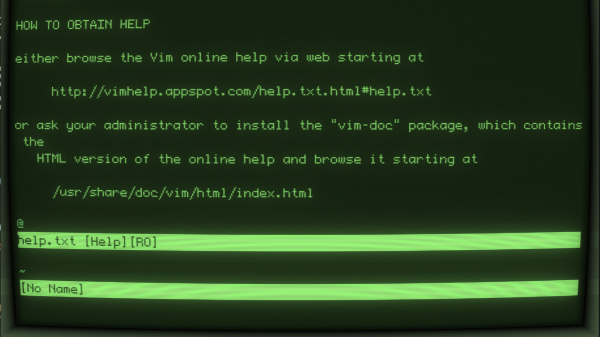If you grew up with Unix systems like we did, you’ll be sorry to hear the news: vi, the noble text editor that has served us so well these 40 years, is going away — from many GNU/Linux systems, anyway. As of this writing, GNU/Linux Mint, Debian, Ubuntu, and OpenSUSE — four of the five most popular GNU/Linux distributions — have all announced that they will no longer ship the ‘vi’ editor as part of their base installs. For those of us who got our start in the punched-card era and still think of files as a collection of lines instead of a stream of bytes, this is a major blow. But, we can all take some comfort in the fact that, at least for now, the stripped-down version of vim synonymous with vi on these systems will continue to be available from package repositories.
The reasons for the move aren’t entirely clear to us, but from what we can see on the GNU/Linux mailing lists, the confusing modal interface and the fact that novice (and many seasoned) users can’t figure out how to save a file and exit the program seem to have influenced the decision. Also cited were support changes expected as GNU/Linux gains in popularity. As the user base expands to include less technically-savvy individuals, fewer people will be able to fix their constant boot issues, which is the primary use-case for vi. Replacing the self-help model will be a support infrastructure where users can take their machines to “GNU/Linux Geniuses” who will solve the problems for them.
Continue reading “Bye Bye Vi: GNU/Linux Distros Drop Support”














